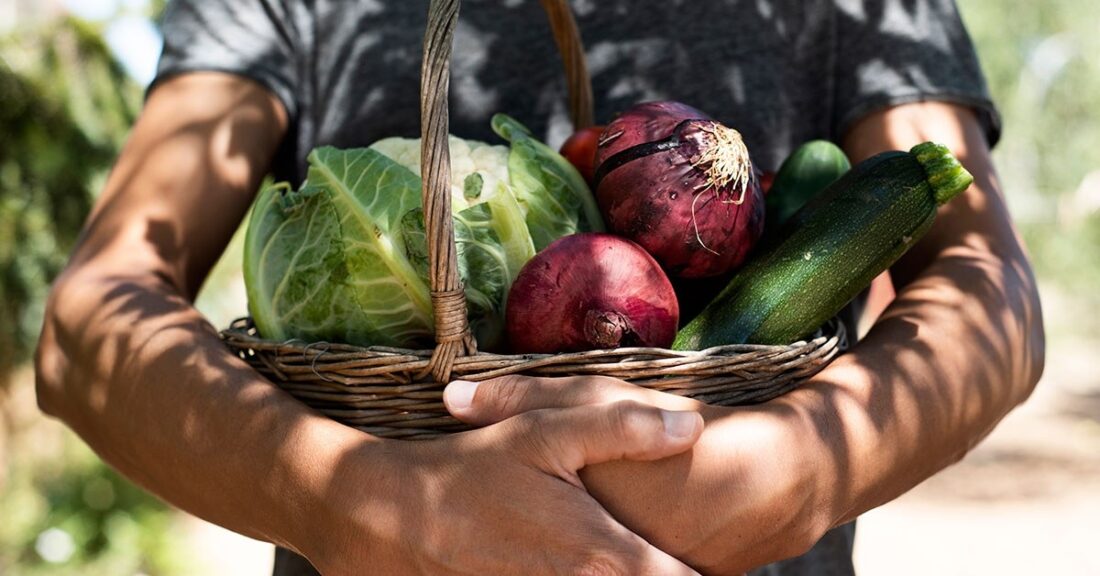Equity-Focused Leadership Program in Atlanta Continues to Strengthen Neighborhoods

Three years after participating in the inaugural class of Resident Leaders for Equity (RLE), a program designed to help people in Atlanta’s Neighborhood Planning Unit‑V (NPU‑V) effect positive change, Jason Rhodes is still using what he learned and the relationships he formed to strengthen his community.
“RLE was a way to start doing things that otherwise could’ve taken years or never happened,” says Rhodes, who has lived in NPU‑V since 2015. “It brought together a diverse group of people who wanted to get things done, and it created space for the crucial conversations that need to happen.”
With support from the Casey Foundation, the Partnership for Southern Equity launched RLE in 2017 to strengthen NPU‑V residents’ knowledge of racial equity, neighborhood history, displacement, gentrification and other issues affecting communities throughout Southwest Atlanta. After a chance meeting at a neighborhood potluck with Nathaniel Smith, who founded the Partnership for Southern Equity, Rhodes decided to participate in the program.
Over the course of nine months, he found himself working with a small but dedicated group of people who wanted to develop practical solutions to issues affecting their communities — for example, the lack of affordable housing.
“There’s overwhelming support for affordable housing in our communities, but folks don’t always know what steps they can take to do something about it,” says Rhodes. “Through RLE, we got to hear from experts and connect the positive sentiments to concrete information and viable solutions.” Since completing RLE, Rhodes has continued to build on the information and connections it provided. He recently started an urban agricultural program that trains and pays young people in the Pittsburgh neighborhood to grow healthy fruits and vegetables.
Rhodes credits RLE with helping him to get the program up and running and to secure a $40,000 grant to support it from the Stadium Neighborhoods Community Trust Fund.
“I’ve remained in close contact with some of the people in my cohort,” he says. “Annette Samuels, who I met through RLE, introduced me to two local pastors who immediately helped promote the [youth] program and gave us spaces to garden and meet indoors.” Rhodes and Samuels, who’s also been deeply involved in the nearby Pittsburgh Yards® project, hope to expand the agricultural program in the months ahead.
RLE is continuing to expand, too. During its first three years of operation, the program trained 60 participants from 15 different neighborhoods.
In 2020, the program’s success led to the launch of two new cohorts, the East Point Leaders for Equity Academy — a similar program that brings together residents in another part of Georgia — and Youth Leaders for Equity, a five-month after-school program that equips young adults with the skills to advocate for and transform their communities.
“Our program provides residents with the guidance and learning tools needed to unlock their potential, embrace leadership and gain the skills necessary to address the most pressing issues in their community,” says Azizah Kahera, who serves as a facilitator for RLE and Youth Leaders for Equity. “When a participant is given the opportunity to learn about the history of their neighborhood and understand their potential for disrupting systems of racism and inequity, they begin to realize that they can become the effective leaders they are looking for. This is evident in the amazing work that students like Jason Rhodes and others are doing in their communities, from seeking formal leadership positions to co-facilitating current RLE cohort classes.”
Kahera and her colleagues are developing a new pilot program, called Development Watch, which will provide additional guidance and support to successful RLE graduates. It will focus on equitable development, community planning and affordable housing throughout the Atlanta region. There also are plans to start a youth cohort in early 2022, in collaboration with a local high school in NPU‑V. Rhodes hopes that more organizations throughout the country will support similar programs: “We make change through establishing relationships of trust, and by realizing that you have more in common with your neighbors than you think. Start having conversations with people who live right where you are.”





